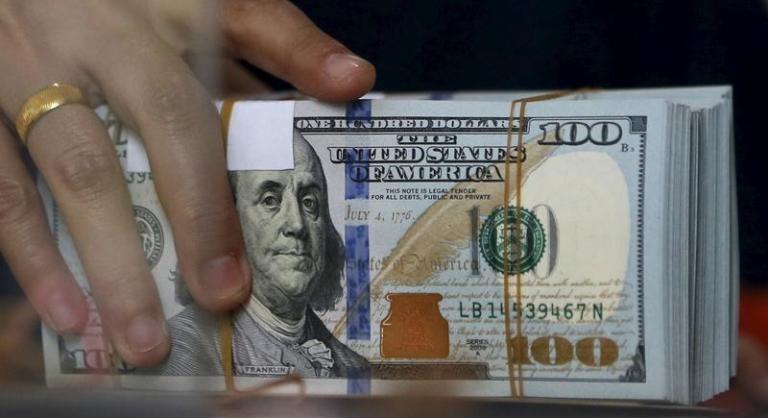Sudanese pound continues to plunge against U.S. dollar

October 27, 2018 (KHARTOUM) – The exchange rate of the U.S. dollar on Saturday went up to 53,00 Sudanese pound (SDG) on the black market.
Earlier this month, The Central Bank of Sudan (CBoS), formed a body of bankers and exchange bureaus to set the official exchange rate on daily basis.
The move was part of a package of financial and monetary measures designed to tackle the deepening economic crisis in the east African nation.
The government body on Saturday set the purchase price of the U.S. dollar at 47,00 Sudanese pounds while the selling price was put at 47,23 pounds.
Traders speaking to Sudan Tribune Saturday in central Khartoum said the purchase price of the U.S. dollar through cheques has reached 53,00 pounds while the cash purchase was 50,00 pounds.
It is noteworthy that due to the lack of liquidity in the banks, U.S. dollar carries two prices on the black market. The purchase price by cheques is usually higher than the cash price.
The same traders said the demand for the dollar has continued to increase despite the recent government measures, pointing to customers’ lack of trust in the banking system.
They added the security services have carried out large arrest campaigns against money traders in an attempt to curb the rise in dollar price.
Last February, the government introduced a number of measures to curb the rise in dollar price including limiting cash withdrawal from banks to absorb liquidity, cracking down on black market Forex traders and restricting imports.
Economic conditions in Sudan have been challenging since the secession of South Sudan in 2011 and the loss of the bulk of oil production and exports.
The withdrawal of South Sudan oil has compounded the difficult external environment, including debt arrears, limited access to external financing, U.S. sanctions, and the withdrawal of correspondent bank relations.
The most recent International Monetary Fund (IMF) report indicated that Sudan’s gross international reserves remained very low in 2017 ($1.1 billion, 1¾ months of imports).
(ST)
